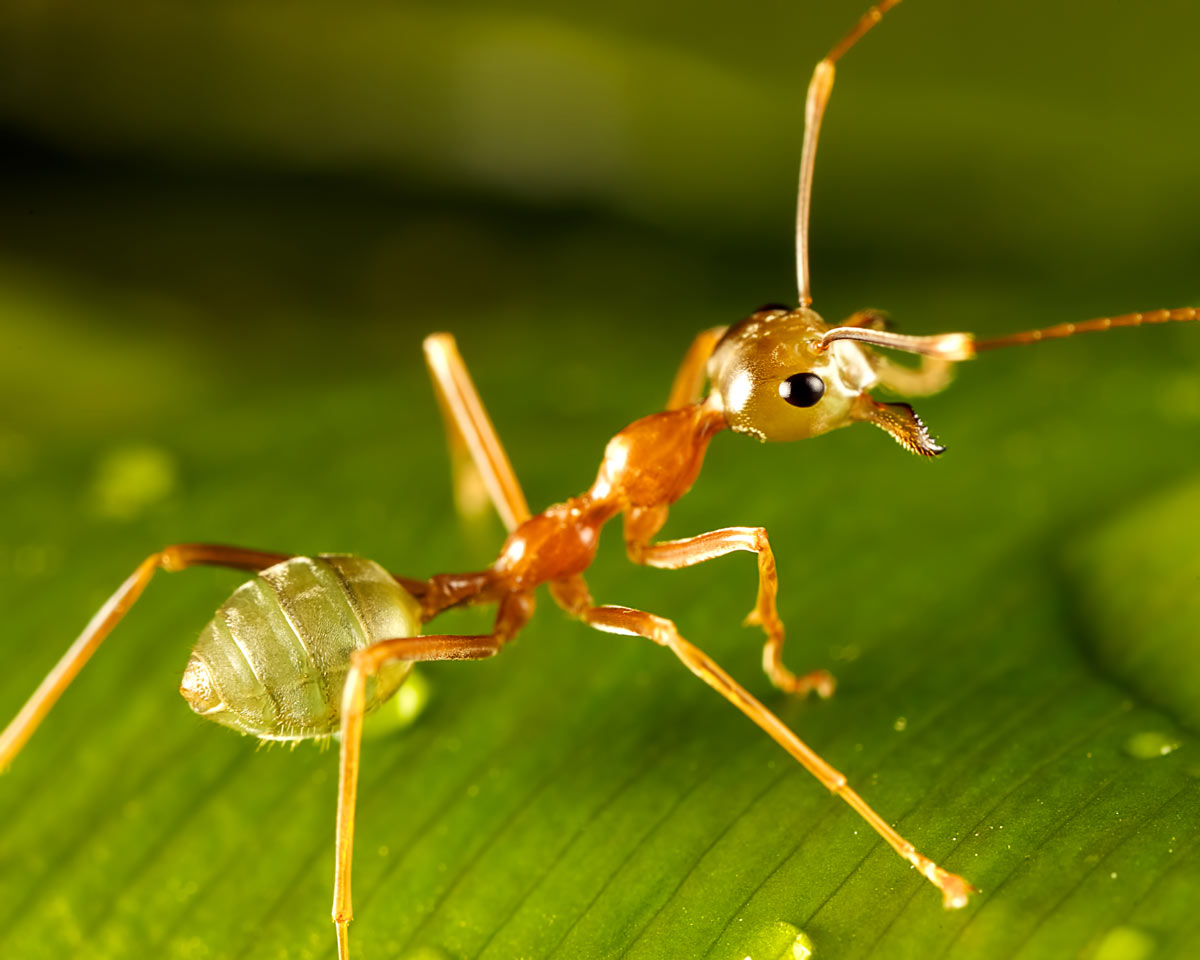Ants are a common sight in gardens, and while they play essential roles in soil aeration and nutrient cycling, they can also cause concern for gardeners. Are ants harmful to the garden? This article aims to provide a comprehensive answer to this question while offering practical insights for gardeners.
We will explore both the positive and negative aspects of ants’ presence, their impact on plants, and effective strategies to manage them without resorting to harmful chemicals.
1. The Positive Role of ants in the garden
Ants are valuable contributors to the garden ecosystem. They help with soil aeration by creating tunnels and moving soil particles, which enhances water and nutrient penetration to plant roots. Additionally, ants assist in the decomposition of organic matter, contributing to nutrient recycling. Their presence can also deter larger pests like caterpillars and other insects that could otherwise damage plants.
2. Ants as plant protectors
Believe it or not, ants can act as guardians for certain plants. Some plant species secrete nectar and extrafloral nectaries, attracting ants. In return, ants protect these plants from herbivores by driving away or attacking potential threats. This mutually beneficial relationship, known as myrmecophytes, showcases ants’ positive impact on specific plant species in the garden.
3. Potential harm caused by ants
While ants play a crucial role in the garden ecosystem, their presence can also lead to potential harm under certain circumstances. One of the main concerns arises when ants engage in farming activities, particularly with aphids. Aphids are sap-sucking insects that produce honeydew, a sweet substance highly attractive to ants. In a mutually beneficial relationship, ants protect aphids from predators and parasites and, in return, feed on the sugary secretions they produce.
This farming behavior can have negative consequences for the garden.
As ants actively defend and cultivate aphid populations, these tiny pests can quickly multiply and infest plants, causing damage to their foliage and stunting their growth. Moreover, aphids extract vital nutrients from plants, weakening their overall health and making them more susceptible to other pests and diseases. As a result, the combined efforts of ants and aphids can lead to significant damage to garden plants and reduce overall yields in vegetable gardens.
Additionally, ants might be attracted to other sweet substances present in the garden, such as fallen ripe fruits, flower nectar, or spilled sugary liquids. While not directly harmful, their presence can become a nuisance and might interfere with outdoor activities, such as picnics or barbecues.
To prevent the potential harm caused by ants, gardeners should take proactive measures to manage ant populations and minimize their attraction to the garden.
By employing eco-friendly strategies, such as removing attractants, implementing physical barriers, introducing beneficial predators, and using non-toxic bait stations, gardeners can strike a balance, ensuring that ants continue to play their constructive role in the ecosystem without causing significant harm to garden plants and overall garden productivity.
4. Managing ants in the garden
Gardeners can implement practical strategies to manage ants without causing harm to the ecosystem. Here are some effective methods:
- Remove Attractants: Regularly clean up fallen fruits, spilled nectar, and other sweet substances that attract ants to the garden.
- Physical Barriers: Create barriers around plants using diatomaceous earth or sticky bands to deter ants from climbing and protecting aphids.
- Beneficial Predators: Introduce natural predators like ladybugs and lacewings to control aphid populations and reduce ant attraction.
- Ant Bait Stations: Use non-toxic ant bait stations with borax or boric acid mixed with sugar or honey. Place them away from plants to attract and eliminate ant colonies.
Ants can be both beneficial and potentially harmful to the garden ecosystem.
Their positive contributions include soil aeration, nutrient recycling, and protecting certain plant species from herbivores. However, they can also indirectly cause harm when they farm aphids, leading to pest infestations. To manage ants effectively, gardeners in France can adopt eco-friendly methods, such as removing attractants, implementing physical barriers, introducing beneficial predators, and using non-toxic bait stations.
By striking a balance, gardeners can foster a harmonious environment where ants play their constructive role without causing significant harm to the garden and its plant life.






